Are you wondering if golf cart batteries are lithium? Choosing the right battery can transform your golf cart’s performance, whether you’re cruising the fairways or zipping through your neighborhood. As a golf cart enthusiast, I’ve seen firsthand how lithium batteries are revolutionizing the game with their lightweight design and long-lasting power. In this guide, you’ll discover why lithium golf cart batteries are gaining popularity, how they stack up against lead-acid options, and why brands like Li-ess are the go-to choice for quality and reliability. Let’s dive into the world of golf cart battery power and find the perfect fit for your ride!
Understanding Golf Cart Batteries Are They Lithium
Golf carts traditionally use lead acid batteries, which are affordable but heavy and require regular maintenance like water checks and cleaning. A popular upgrade in lead acid technology is the AGM (Absorbent Glass Mat) battery, a sealed variant that needs less upkeep but remains heavy.
In contrast, lithium batteries, especially LiFePO4 (Lithium Iron Phosphate), represent a modern, lightweight, and efficient alternative. These batteries offer longer lifespan and better performance with minimal maintenance.
While not all golf cart batteries are lithium, lithium-ion, particularly LiFePO4 batteries, are the preferred choice for many new golf cart owners seeking durability and ease of use. This shift reflects a growing market trend where lithium batteries are becoming increasingly popular due to their superior benefits in weight, power, and reliability.
Lithium vs Lead Acid Golf Cart Batteries Key Differences

When comparing lithium golf cart batteries to traditional lead acid ones, several key differences stand out:
- Weight: Lithium batteries are much lighter, which makes your golf cart easier to handle and more efficient on the course.
- Lifespan: Lithium batteries, especially LiFePO4 types, last way longer—thousands of charge cycles—while lead acid only manage a few hundred before performance drops.
- Charging Speed: Lithium charges much faster, usually in a few hours, compared to lead acid batteries that take much longer, sometimes overnight.
- Maintenance: Lithium batteries are practically maintenance-free. No need to check water levels or clean terminals like you would with lead acid batteries.
- Performance: Lithium provides a stable voltage output, giving you consistent power throughout your round without the drop-off you see in lead acid batteries.
- Environmental Impact: Lithium batteries are more eco-friendly. They’re recyclable and don’t contain the toxic materials found in lead acid batteries.
- Safety: LiFePO4 lithium batteries are non-flammable and come with built-in Battery Management Systems (BMS) that protect against overheating and overcharging.
For U.S. golf cart owners looking for reliability and ease, lithium is becoming the preferred choice over traditional lead acid options.
Why Choose Lithium Golf Cart Batteries
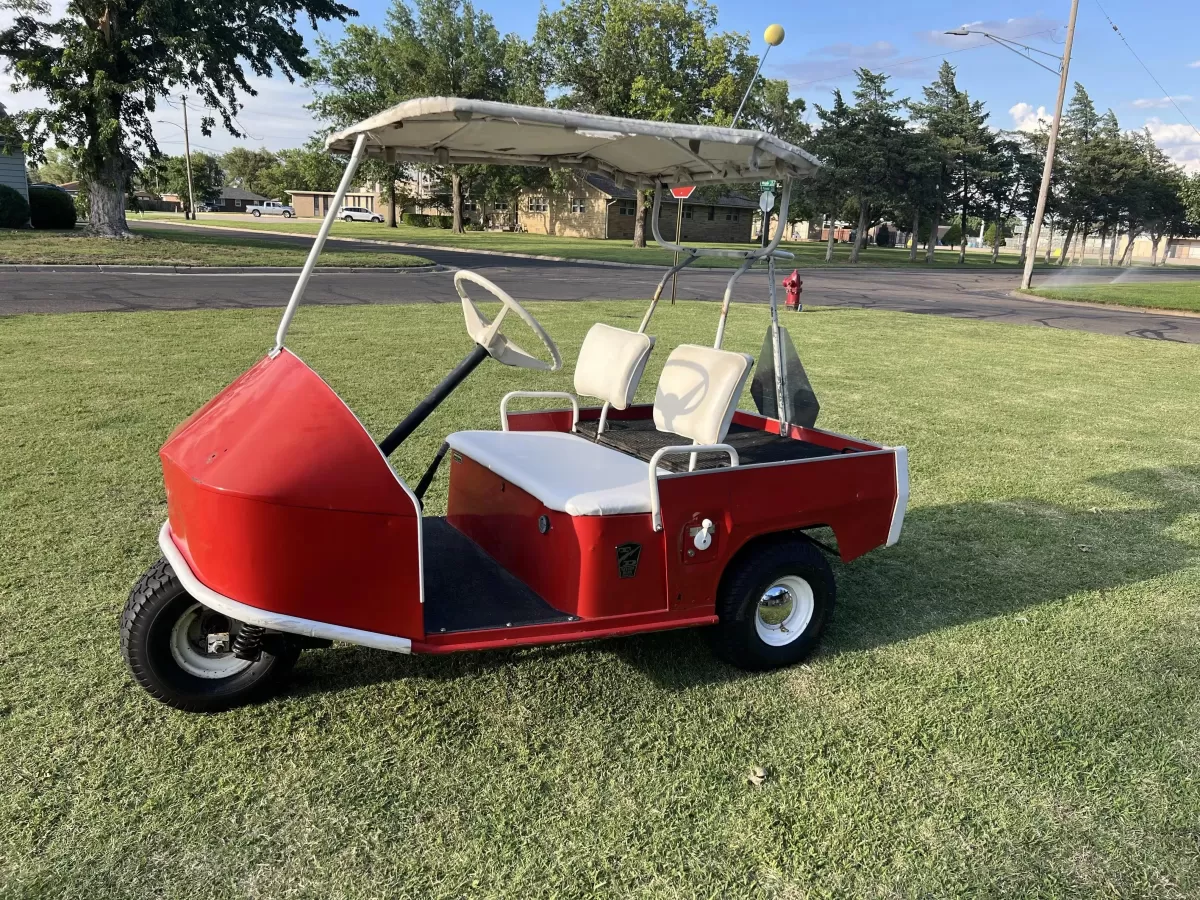
Choosing lithium golf cart batteries makes sense for many reasons. First, they offer enhanced performance—you’ll notice faster acceleration, better hill climbing, and a longer driving range compared to traditional lead acid batteries. If you use your golf cart often or on tougher terrain, lithium gives you that extra power and reliability.
While lithium batteries come with a higher upfront cost, they’re more cost-effective over time. That’s because they last much longer and don’t need frequent replacements like lead acid batteries. So, you save money in the long run.
Ease of use is another plus. Lithium batteries are typically a drop-in replacement and come in popular voltages like 36V and 48V, making them compatible with most golf carts without complicated modifications.
From an environmental standpoint, lithium batteries reduce waste and use more eco-friendly materials, which helps cut down on toxic chemicals often found in lead acid batteries.
A prime example is Li-ess lithium batteries, known for their reliability and smart design. They come with Bluetooth monitoring for keeping an eye on battery health and a robust Battery Management System (BMS) that protects the battery for safer, longer use. This makes Li-ess a strong choice for anyone ready to upgrade their golf cart’s power source.
Considerations Before Switching to Lithium
Before you switch to lithium golf cart batteries, there are a few key things to keep in mind.
- Compatibility: Make sure your golf cart’s voltage matches the lithium battery you plan to buy. Most carts run on 36V, 48V, or 72V systems. Using the wrong voltage can cause damage or poor performance.
- Initial Cost: Lithium batteries usually cost more upfront than lead acid ones. However, they last longer and need less maintenance, so you’ll save money in the long run.
- Installation: Lithium batteries have specific installation needs. It’s a good idea to have a professional install them to ensure safety and get the best performance out of your battery.
- Climate Suitability: Lithium batteries, especially LiFePO4 types, handle extreme temperatures well. They even have self-heating features that help in cold weather, making them reliable across different U.S. climates.
- Safety Concerns: You might have heard worries about lithium battery fires. Modern LiFePO4 batteries are much safer, with built-in Battery Management Systems (BMS) that prevent overcharging and overheating.
Switching to lithium is a smart move, just double-check these points to make sure it fits your golf cart and your needs.
How to Choose the Right Lithium Battery for Your Golf Cart
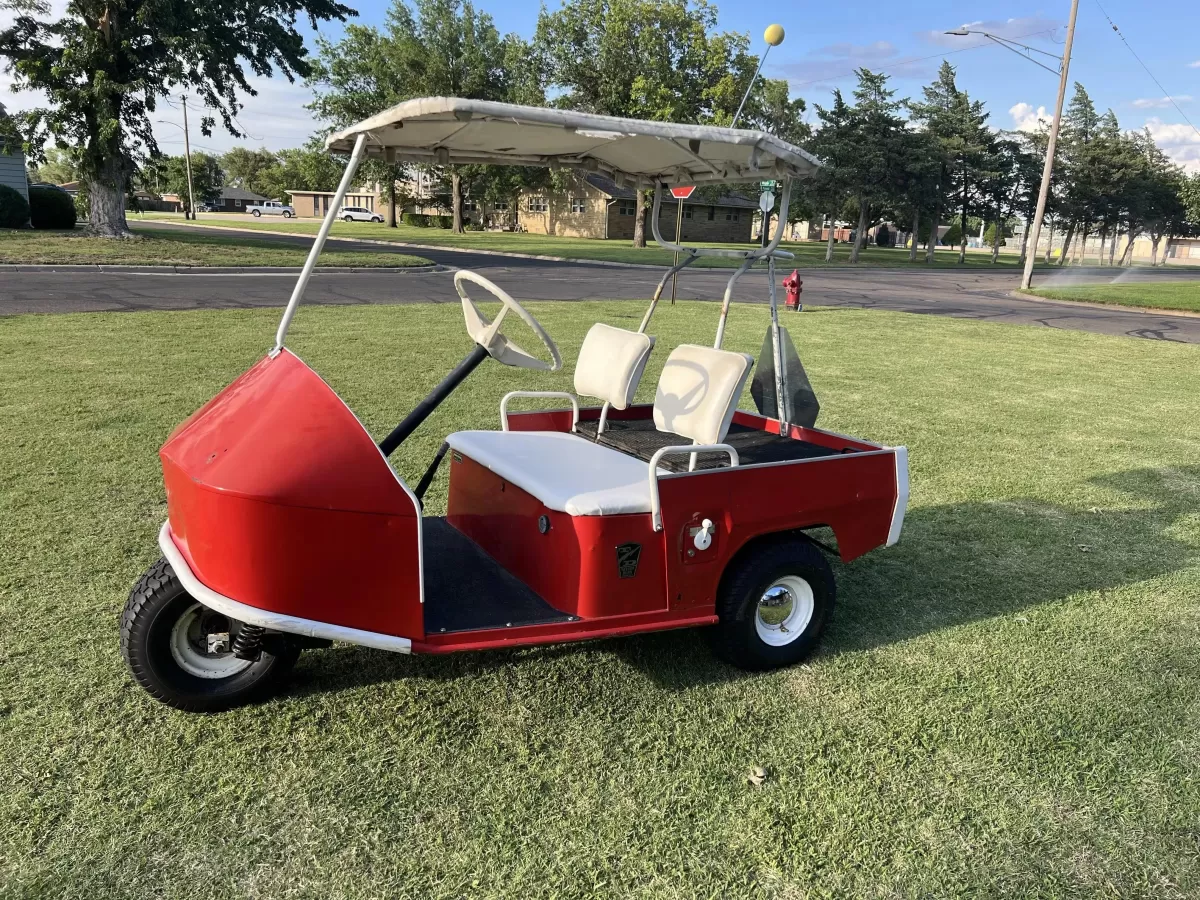
Picking the right lithium golf cart battery isn’t complicated when you focus on a few key things. First, match the battery voltage and capacity to your golf cart’s needs. Most common voltages are 36V or 48V, and capacity usually ranges from 100 to 150Ah depending on how far and how long you want to drive.
Next, choose a reliable brand. Brands like Li-ess and Dakota Lithium are known in the US market for quality, strong warranties, and great customer support. Li-ess stands out with their focus on durability and smart features.
Look for extra features like built-in Battery Management Systems (BMS), Bluetooth monitoring, waterproof casings, and sturdy construction. These add-ons help protect your battery and make it easier to keep an eye on performance.
Finally, check local availability. Find nearby suppliers or installers who stock your chosen battery brand. This makes installation, support, and any future warranty service much simpler.
Step by Step Guide to Converting to Lithium Batteries
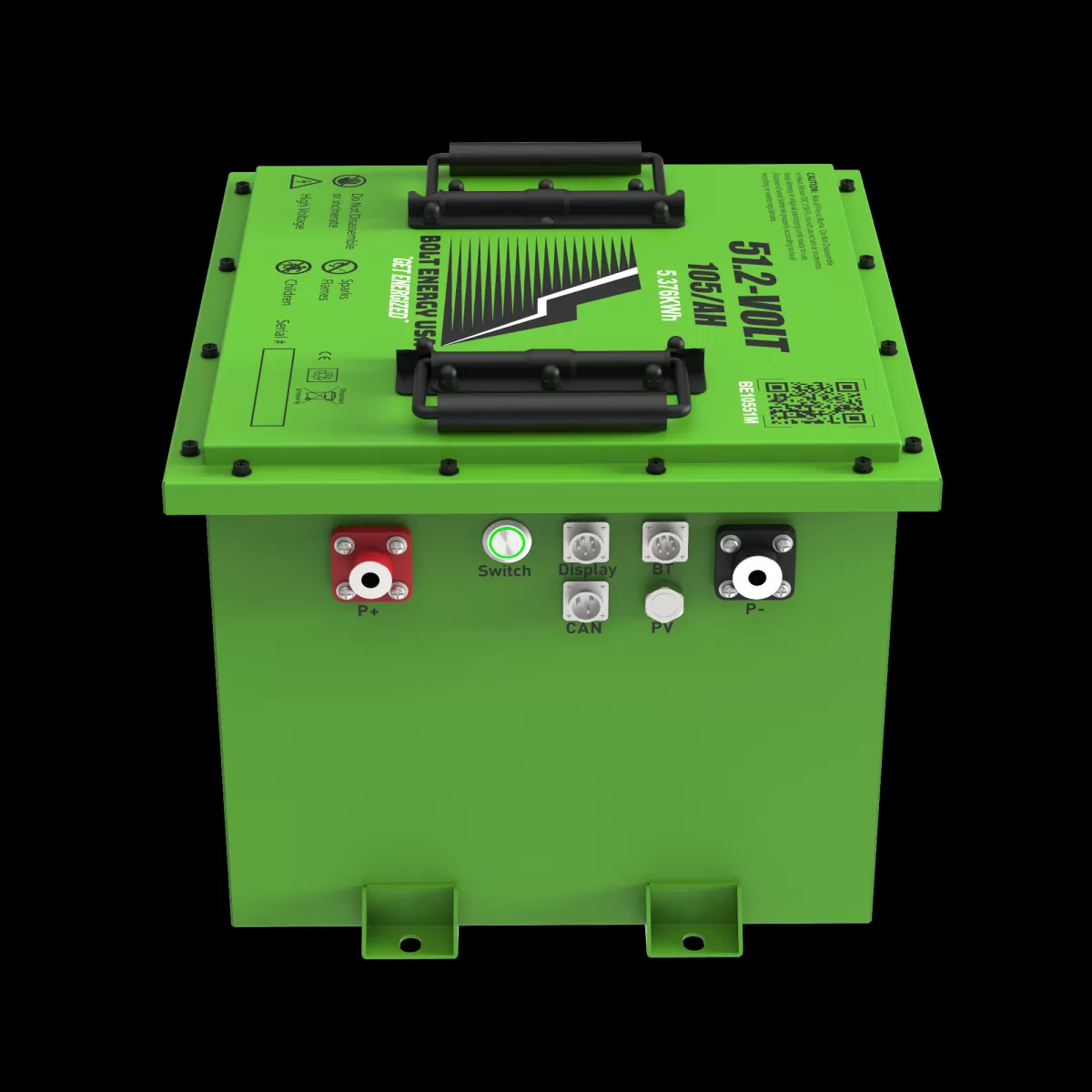
Switching your golf cart to lithium batteries is easier than you might think. Here’s a simple guide to get you started:
-
Check Your Golf Cart Voltage and Battery Space
Look at your golf cart’s voltage, usually 36V, 48V, or 72V. Measure the battery compartment to make sure the new lithium battery fits.
-
Buy a Compatible Lithium Battery
Choose a lithium battery that matches your cart’s specs. For example, the Li-ess 48V 100Ah is a popular choice offering solid performance and reliability.
-
Remove Old Lead Acid Batteries Safely
Wear gloves and use a battery strap to carefully lift out the old batteries. Handle them carefully and dispose of them according to local regulations.
-
Install the Lithium Battery
Use the existing drop-in mounts and factory hooks to secure your new lithium battery in place. This makes the swap smooth without needing major modifications.
-
Replace the Charger
Lithium batteries need a compatible charger. Swap out your old lead acid charger for a lithium-specific charger to protect your new battery and extend its life.
-
Test and Monitor with Li-ess Bluetooth App
After installation, use the Li-ess Bluetooth app to monitor battery health, charge status, and performance in real time. This helps you keep your battery in top shape.
Local Considerations for Golf Cart Battery Buyers
When choosing golf cart batteries, it’s important to think about where you live. For example, if you’re in Florida, you’ll want heat-resistant batteries that can handle high temperatures without losing performance. Up north, in colder states, look for batteries with good cold-weather performance or even self-heating features to keep your golf cart running smoothly in winter.
It’s a smart move to check with local golf cart shops and Li-ess distributors for availability and installation help. Having reliable local support makes the switch easier and gives you peace of mind if you need service or advice.
Also, consider warranty and recycling options. Li-ess offers solid warranties and free recycling programs, so you can upgrade your battery with less worry about the environmental impact and long-term support. This local support and eco-friendly approach are a big plus for United States customers looking for quality and convenience.


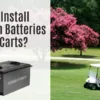



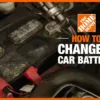
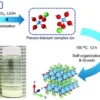



Add comment